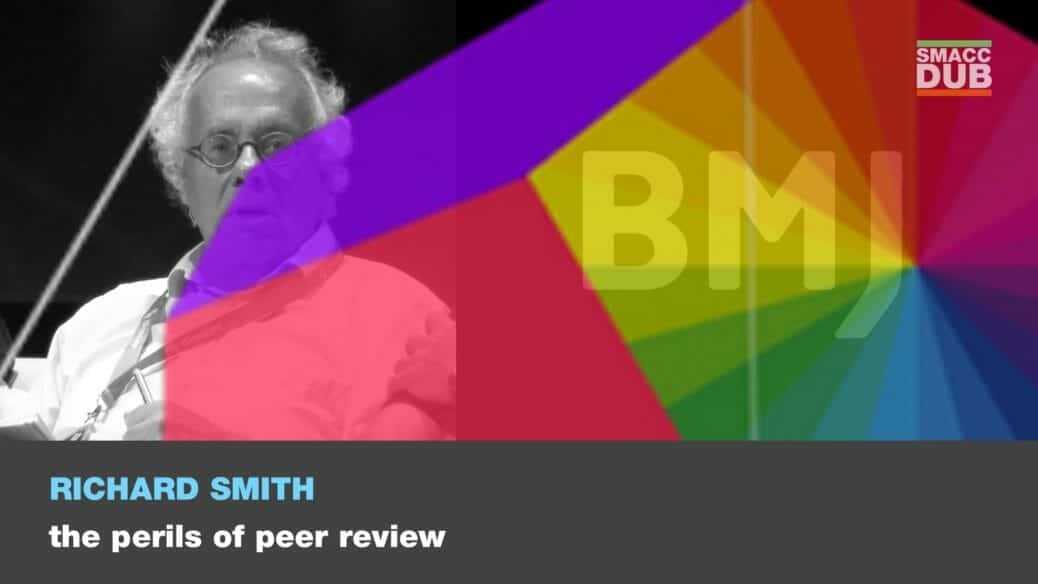The Perils of Peer Review
Summary by: Richard Smith
Peer review is central to science and yet was not scientifically examined until the 1980s. Studies of peer review show that it is slow, expensive, something of a lottery, anti-innovatory, ineffective at detecting errors or fraud, prone to bias, and easily abused.
So we have lots of evidence of its failings but no convincing evidence of its effectiveness.
“If it was a drug it would never get onto the market.”
Attempts have been made to improve peer review, but these have not proved successful.
The time has come for journals to abandon prepublication peer review and “let the market of ideas decide”, which is what happens anyway.

























